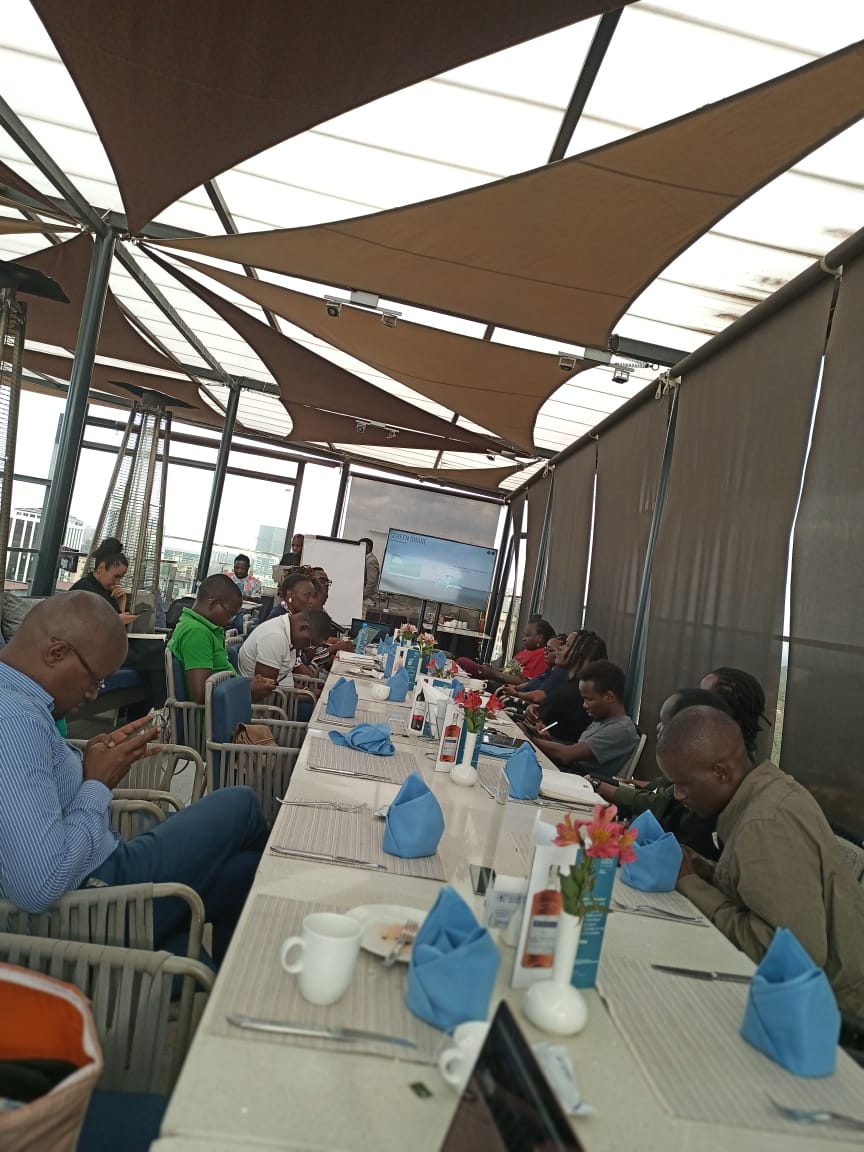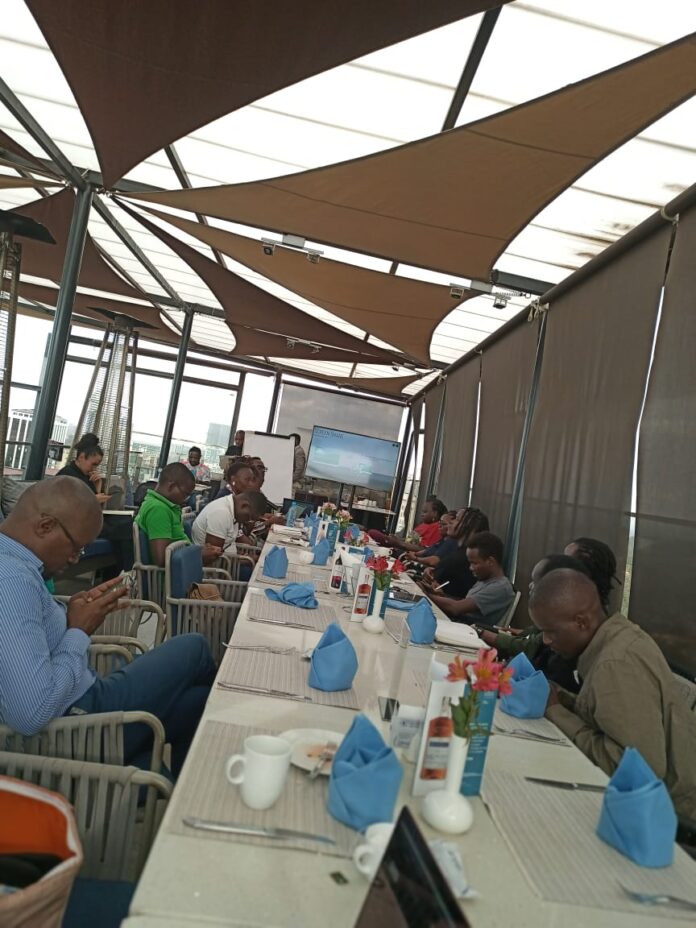By Sharon Kiburi
Nairobi, Kenya: Transparency International (TI) Kenya recently held an ideation workshop that brought together creatives, journalists, and government officials from the Kenya Revenue Authority (KRA).
Corruption and integrity are topics that make most Kenyans’ hair stand on end since they elicit feelings that annoy them to the core of their being. They have witnessed the inadequate service delivery caused by corruption for themselves and their loved ones.
Tension was high, with artists, journalists, and CSOs all firmly holding onto their beliefs and principles. Bringing together individuals whose work mission is to proactively hold government and elected leaders accountable to improve service delivery and citizens’ lives is a daredevil bound to produce heated debates.

The discussion was sparked by theme areas such as the inadequate enforcement of constitutional and legal provisions on leadership, integrity, and anti-corruption, as well as the normalization of corruption at the individual and social levels. Leadership that is corrupt, unethical, and unaccountable, as well as inefficient, ineffective, and non-responsive public service delivery and humanitarian relief systems.
To promote Kenya’s democracy and government through proactive social (anti-corruption) behavior. In addition to calling for improved constitutionalism and respect for the rule of law through progressive jurisprudence on national values and governance principles, this, in turn, raises public knowledge and citizens’ ability to participate in the fight against corruption actively.
“The main limitation of this strategic pillar in fighting corruption in Kenya is the misgovernance of natural resources and the environment, corruption, inadequate knowledge and information, and non-transparent natural resources and climate governance processes.” Brian Wabala is from Transparency International Kenya. Additionally, the priority sectors that this pillar focuses on include land, extractives, environment, energy, and the blue economy.
The discussion also focused mainly on evolving techniques for combating corruption tendencies and institutions. The many CSOs in attendance complimented Transparency International Kenya’s initiative to name and shame leaders through their scorecards of leaders with problems involving their integrity through the ‘Red Card Campaign.’ “Allegations of individual leader corruption should not be turned into a tribal issue.”This is how politicians try to save face by buying tribal sympathy rather than examining claims based on the facts brought against them,” Wabala stated.














